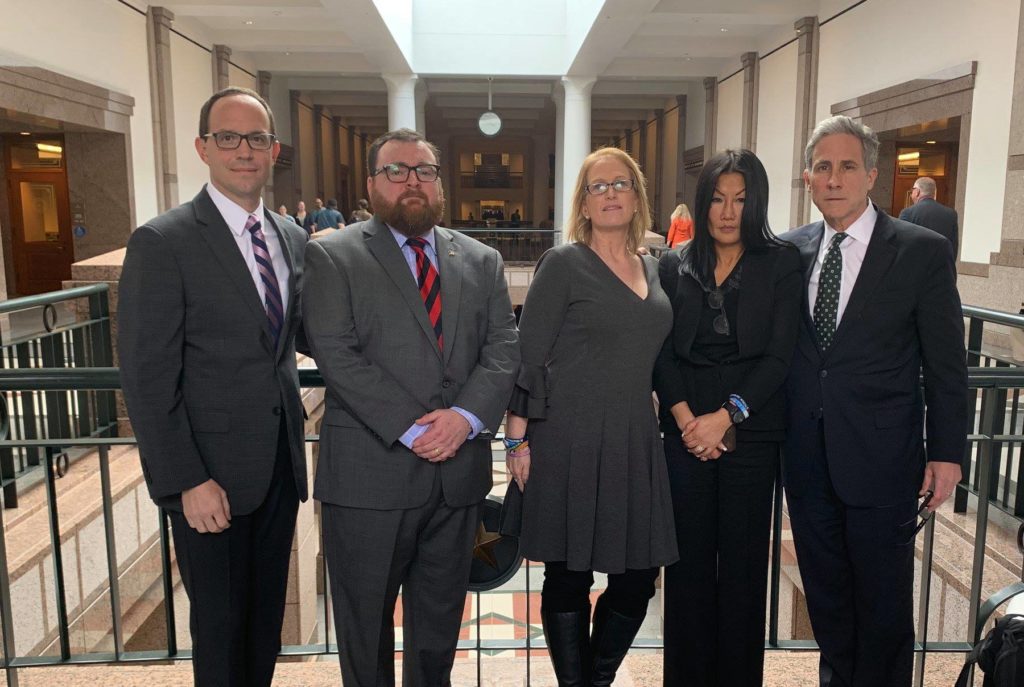AUSTIN (KXAN) — On Saturday evening, Texas Governor Greg Abbott signed into law a bill that aims to further crack down on school hazing.
Senate Bill 38 does two things: it further defines what constitutes hazing and also outlines what schools must do when students participate in it.
The law now defines hazing as:
- any type of physical brutality, such as whipping, beating, hitting, branding, electronic shocking, placing harmful substances on the body, or any similar activities
- any type of sleep deprivation, exposure to the elements, or confinement that subjects a student to harm or affects their mental or physical health
- an activity that includes coercing the student to consume an alcoholic beverage, liquor or drug
The law further states that hazing includes any activity that would intimidate or threaten a student that they could be ostracized if they don’t engage in the activity — or even give them reason to believe they will be kicked out of an organization.
The newest addition to existing anti-hazing laws, includes immunity for students who voluntarily reports a hazing incident. According to the new law, a student who reports an incident before being contacted by the school regarding the incident will receive immunity — with some exceptions — from consequences.
The second addition to the law explains how institutions must handle discoveries of hazing. The law states that schools must submit a report detailing hazing incidents and subsequent disciplinary actions taken during the past three years. The report must be submitted to all currently enrolled students no later than the 14th day of classes. The report must also be publicly accessible on the school’s website.
SB 38’s new definitions and additions will apply to any hazing incidents that occurred three years prior to the passage of the law.
The act will take effect Sept. 1.





